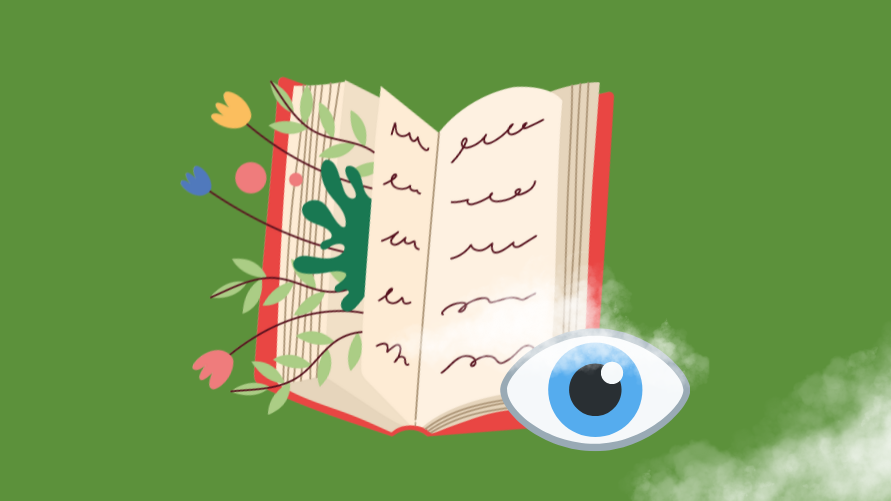Editor’s note: This is an adapted article from Roberta’s blog of reflection and learnings
TLDR: As life paths diverge, Ro shares the challenges of maintaining deep connections with old friends, shifting priorities and growth. Knowing when friendships have expired might be our best wake-up call.
Fake niceties & growing older

The best part of growing older is the confidence and ability to take less nonsense and prioritise your well-being. As the years have passed, I’ve found that I’ve become more selective about the people I keep, as well as let into my world.
It hasn’t always been easy, but it’s been a liberating process. The baggage of faking niceties is stripped away, making space for authenticity and grounding.
At the same time, it’s easy to look at your life from a distance and realise how much smaller your world has become.
There’s no emotion attached to the realisation that my ‘favourites’ list has shrunk dramatically in the last decade. It is what it is, but it has made me reflect on how I am validating the relationships I choose to invest in.
What is the opportunity cost of letting some connections slip away?
The rifts get bigger than our bridges
While I’ll always have love and appreciation for my friends past and present, for many of us, our different life paths, experiences and values have created rifts which are hard to bridge. This is when Buddha’s truth of ‘Anicca’ (Impermanence) strikes hard. While suffering can arise from change, joy too can arise from change.
With the people who I spent so much of my youth with, I’m not always given the leeway to grow and evolve into myself.
I’ve found myself pulling away from the hollow supportive networks where everything I do is met with applause and every problem or negative emotion that I have is met with platitudes like “it’ll get better” without any follow-up.
I’m forever the same persona to these people that I’ve known for many formative years of my life.
Is that reason enough to lose touch, future experiences and ongoing connections with long-time friends?
I’ve become more attuned to the effect of people on my energy levels and mental state.

Where once I would, I’ll now no longer tolerate the negative actions or energy of someone, no matter how dear they are to me. Self-awareness is one of the most valuable skill sets that come along with age.
If we’re lucky, we begin to understand how the actions and words of people impact our wellbeing and we learn the skills to create a cocoon (of sorts) around our inner selves, allowing only those who truly uplift us to take our time and energy.
This doesn’t mean being dismissive; it’s about treating ourselves with the respect we deserve and expecting the same from our networks.
Conversations become superficial
Unfortunately, my oldest friends who I love dearly are not the people that I feel I can confide in or be my aspirational self around.
Our catch-ups are often superficial and focused on the who, what, where, and when rather than the topics that tap into our inner thoughts, let alone topics that inspire and intrigue me.
I’m aware it takes two to create conversation, and I’d want nothing more than to hear the deep thoughts of these friends. However, the need to show status and be picture-perfect in every aspect of life prevents us from tapping into these topics.
Perhaps they feel the same, the unsaid words often drowning out the chit-chat that flows between us at brunches and lunches. Maybe we’re scared of what we will find out about each other, after knowing each other for decades through our evolution from scrawny little kids to women.
Maybe if we were to find out the true depths of our opinions and personalities, we wouldn’t like each other or even worse, we wouldn’t understand each other and it’s better to simply stay cordial and surface level, to celebrate the moments that mark life’s milestones.
It’s very possible that they feel the same and don’t know how to share it with me. I don’t discount the fact that everyone is dealing with their unique life struggles and challenges. We’re all capable of feeling the gamut of human emotions.
Looking around, I’ve realised that the “newer” people whom I’ve developed close friendships with and feel psychologically safe with are empathetic and compassionate people who thoughtfully listen and don’t mind the silence.
They’re not focused on status or money. They don’t mind if I sometimes come as my uncertain and confused self. Often, they are people who have gone through some form of struggle or challenge in their personal lives and have learnt that life is full of grey areas with shades of grey scattered within them.
***
One of my favourite speeches is a commencement speech by American author, David Foster Wallace, titled: This is water.
The speech starts with a parable:
“There are two young fish are swimming along and they happen to meet an older fish swimming the other way, who nods at them and says “Morning, boys. How’s the water?” And the two young fish swim on for a bit, and then eventually one of them looks over at the other and goes “What the hell is water?”
It’s hard to catch our automatic thought patterns and judgements of people and the world. It takes far more effort and compassion to consider alternate scenarios that humanise others.
In the speech, Wallace also references everyday mundane scenarios (a slow-moving queue at a grocery store, being stuck in traffic) and implores the audience to view others in unconventional ways, by challenging our default thought patterns.
This allows us to open our perspective and not take things at face value – which is almost certainly incorrect. Through this practice, we become aware of “water” or the humanness that surrounds us.
The hidden stories we don’t see

We will never know the full story of what another person is going through. We need to remember that our assumptions and judgements about another are clouded by our own experiences and states.
After trying to sustain these friendships, I can only hope my friends realise and appreciate that my life experiences and loss have led me to notice the water more than most.
It’s a common theme in life; the forming and breaking of friendships and how to bridge the gap between two people who once laughed together. Things change, priorities shift and we are bound to our own decisions and outlooks of life.
As time passes, I find comfort in understanding that growth isn’t just about who we’re becoming, but also about letting go of who we were.
Each connection, however long or short, is never a loss. They serve as valuable lessons that shape us, mould us, and lead us toward our next destination.
We can view the change as sad, or an opportunity to learn and evolve. My old friends and I can continue down our paths appreciating the times we had, and we never have to burn bridges.
Meta SEO <Ro Ignore>: As life unfolds, friendships shift. Some friendships expire. Delve into the realities of growing older and the wisdom of prioritizing authentic connections.
Wise Steps:
- Embrace Change in Friendships: Understand that friendships naturally evolve, and it’s okay for priorities to shift. Embrace the changes in your social circle and allow room for new, authentic connections to form.
- Foster Open Communication: Encourage open and honest communication in your friendships. Create a space where deep thoughts and inner reflections can flourish


